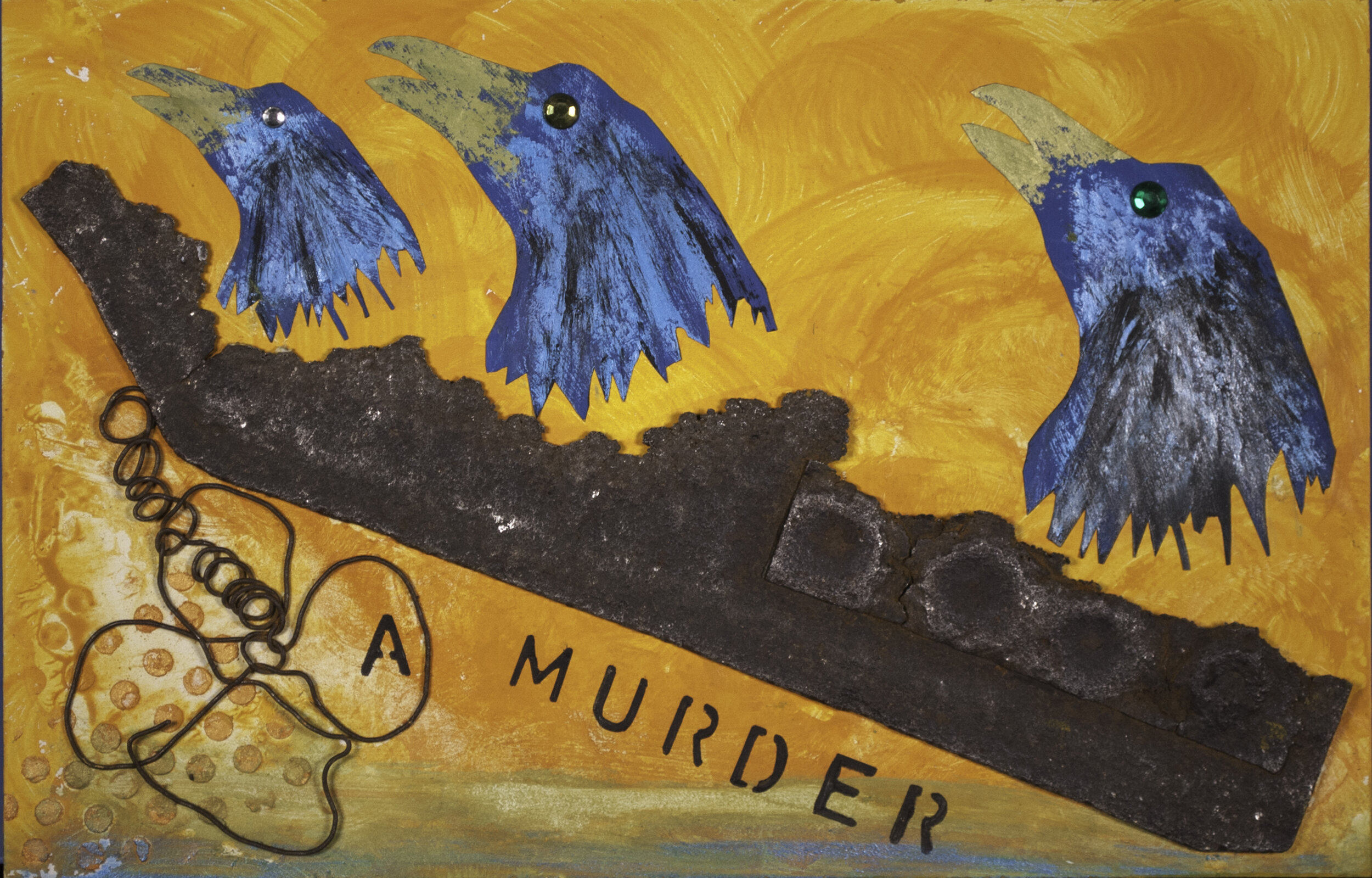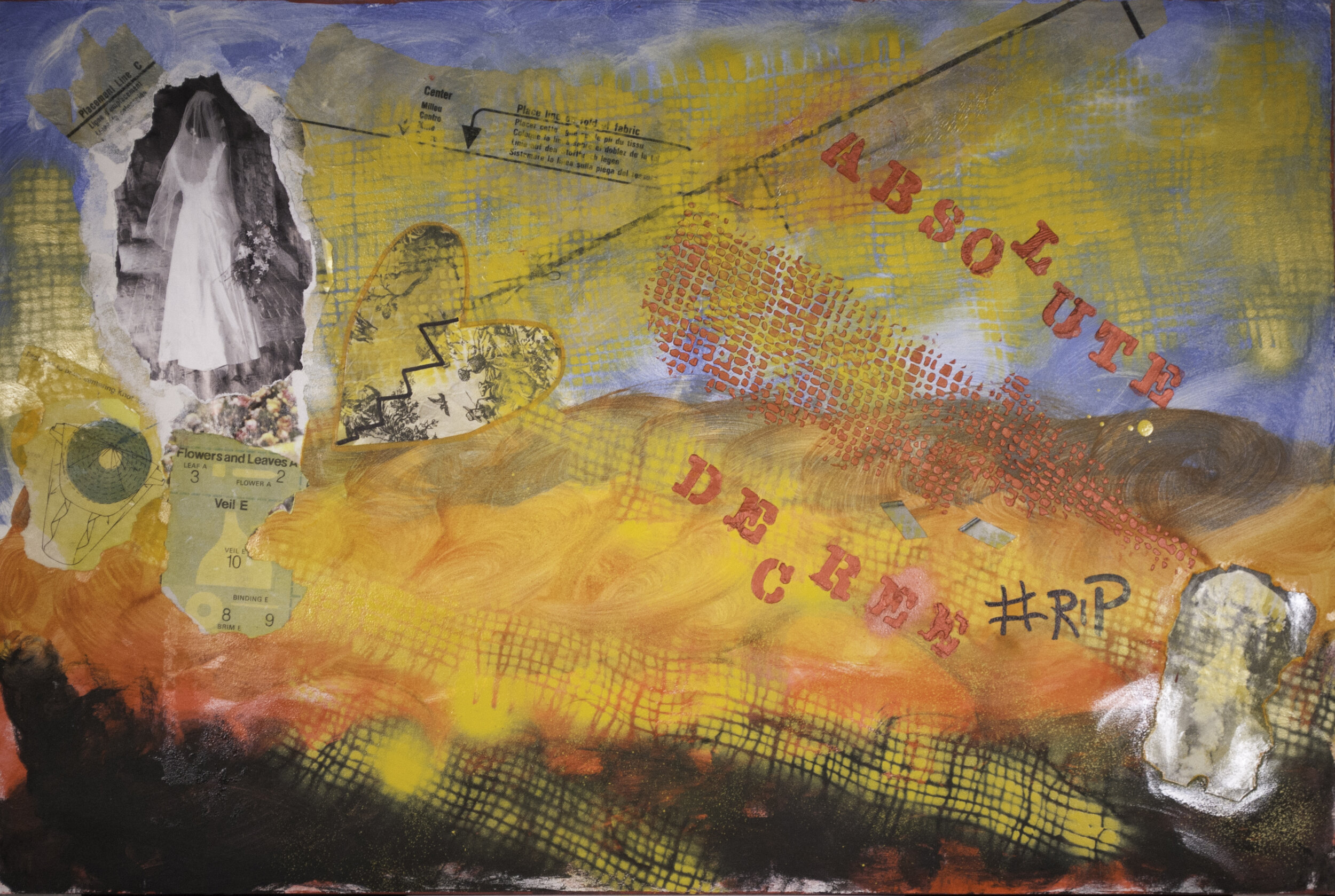1 essay
The Modern Prometheus, reprise
(after Mary Shelley’s Frankenstein, and various film adaptations)
I.
The story of Frankenstein is about a man and a monster. Man, shaped of clay, given
fire. Monster, Man’s puerile harness of that fire, an ugly shape. A metaphor that
makes us: man and monster, lover and lyre, alchemy’s folly, these thievings of fire.
This is what I told myself: all geniuses are broken children. A motherless boy bears the
void, hardens desire, and chooses science: gives his entirety to what his grief believes.
His clay self a bisque in the world while his soft stuff stays with its want; and within the
wet center he whimpers. And from that, the brutal imagination.
Imagine the lightning. Plasma, forked and white against rain, the darker of nights.
There is a lab coat, a stone floor. The scientist summons—no, that can’t be. The
scientist conjures—no, that can’t be. The scientist waits, for the kiss of cloud to
ground, a cathode crack in the indigo folds of cockcrow, and then the spark of life,
more instinct than imagination. More meat than mind.
II.
You had such a hope in me, that I would kiss your cloud. I saw it in the way you
crossed your feet when we argued. I saw it when you tried to parallel my steps when
we walked. And the knowing of what failed was there, betrayed in the
sight and the step. I’d blink, you’d blink. We would take the same picture, but always off by a
breath, by our small hesitations.
There would be a dusk. You would stare into the falling sun, because you knew it was
foolish, a disregard of body for beauty: the maker heart, the most adored of fools.
You knew this, and I adored you, not because of this; you also loved the light, how it
glinted your eyes, made you a different color. You would stare at the sun to find what
you wanted in me, the blown shine smoothing my delineations, until there was only
an open field for you to run through.
III.
The story of Frankenstein is about a man and what he makes. The child hides behind a
curtain, and whispers instructions. Let’s imagine, as you often do: on a slab, the
scientist shaping matter, skin and bone, blood and coil, hand sculpting organ, heart,
liver, lymph. Do details matter? He sees what he wants. He stares into the horror and
sees a man, sees his mother, sees a promise, then another. And waits for lightning.
I told you that the story of Frankenstein was about a man who created a monster, and
you said no it’s not, it’s about the monster himself, and I said that is a common
misconception, and you said the commons were the people’s progress, and I said I
bet you didn’t read the book, and you didn’t say anything, and I said you just saw the
Karloff movie, I bet, and you said that proves nothing. I didn’t say anything. You said
don’t look at me that way. You said I was a misconception. You said there is truth in
the skin of things.
Doesn’t it only make sense that lightning would be the fire of life? Something to
harness, the lust of it, something so unyielding, so violent. So not of bone, so not of
clay.
IV.
Your hope was all around me, enveloping, manic, and I could have crushed you. The
knees you made for me did not bend. The head you found for me did not bow. The
heart you pressed did not beat your rhythm. I was afraid. You made me too big and I
couldn’t fit in the world. My hands squeezed, my feet thudded, my words stomped. I
hurt everything, the soft stuff around you. I could not live as what you imagined; it was
all large, and no multitude.
V.
The story of Frankenstein is about a man and what he mistakes. Isn’t it strange that in
some movie incarnations the monster kills his creator—isn’t it a strange choice? Victor
moves in to embrace the wretch, the skinned Adam of his labors (because we need to
touch what we make, no matter how foul its form). And after its treachery, its plasma
fury, its killing heart, killed, Victor leans into the mass, and a trust of no reason
envelops him, and the creature envelops him, wraps giant arms, creation wrapping
arms around creator (because don’t we want the things we make to be bigger than
ourselves?). And pulls the scientist into the experiment, snaps his bones, beaker glass
beneath the weight of anxious fingers, that large hand to cowl, or small of back,
the places where we fold easy. Isn’t it a strange choice? Please know why I ask this.
Don’t we all believe to bear it away? Don’t we all stare into our want, relentlessly?
Don’t we all know the grief that burns a cottage to the ground?
I didn’t want to be your monster. I didn’t want the story of Frankenstein to be about
you. But what is a story without want, anyway?





